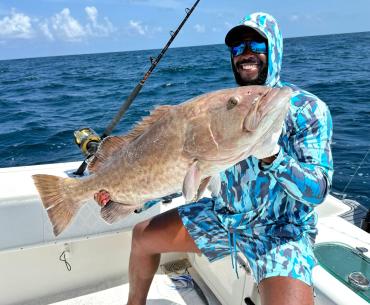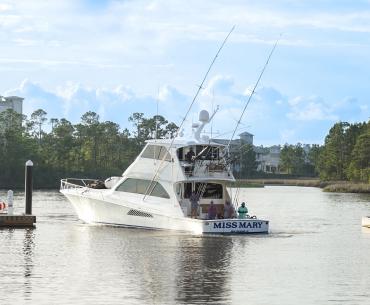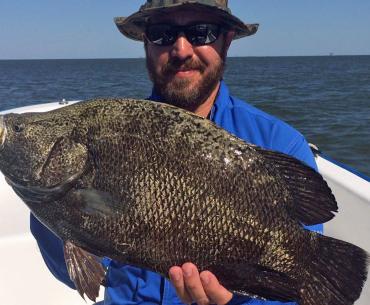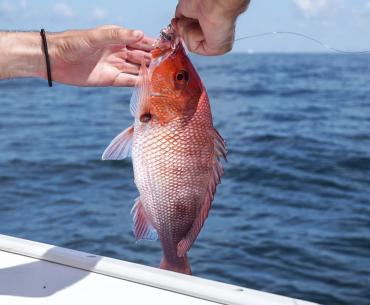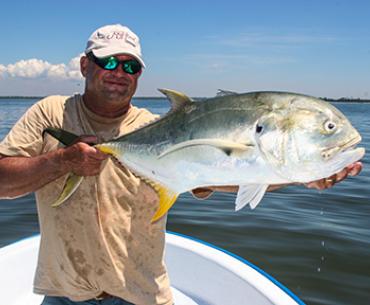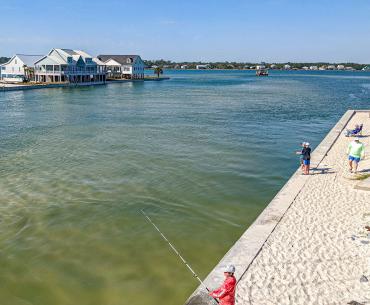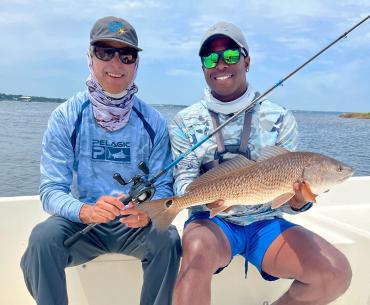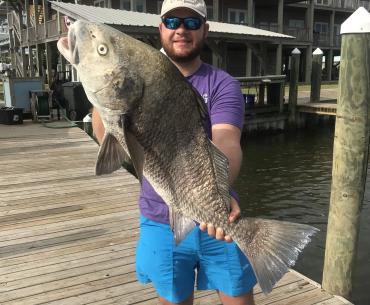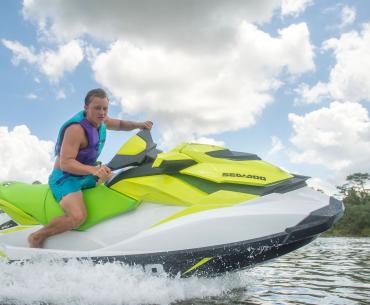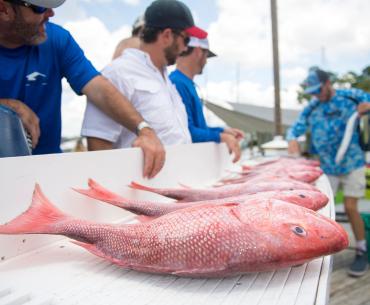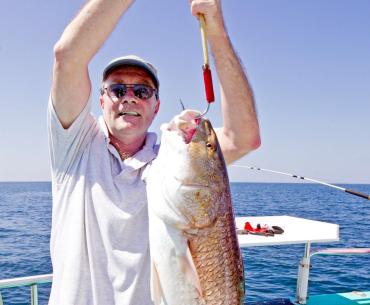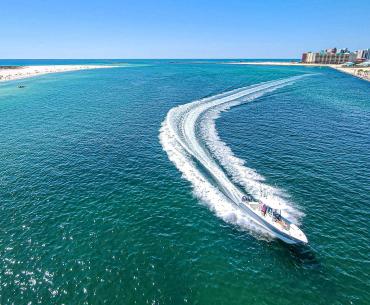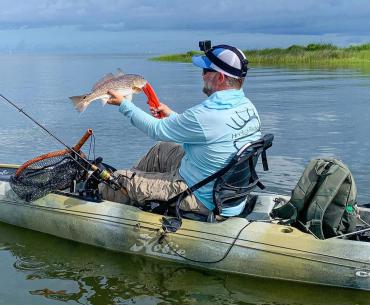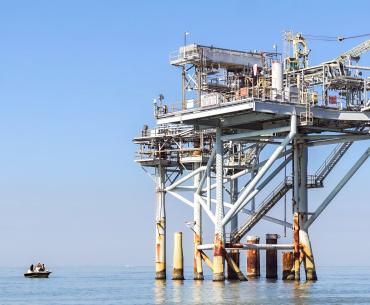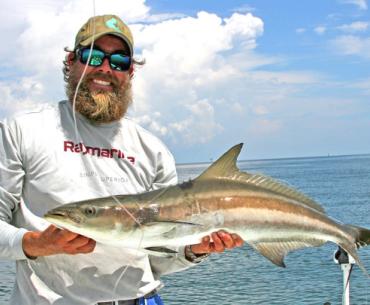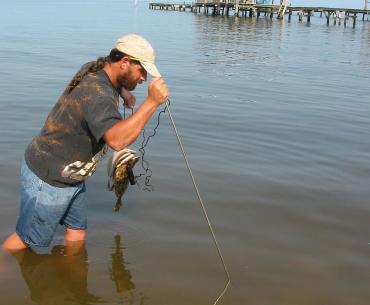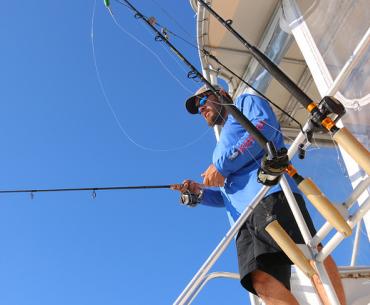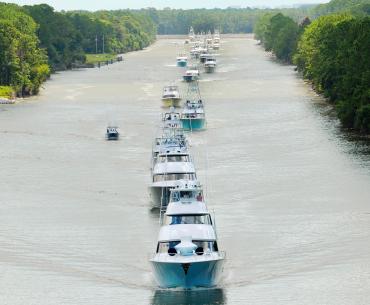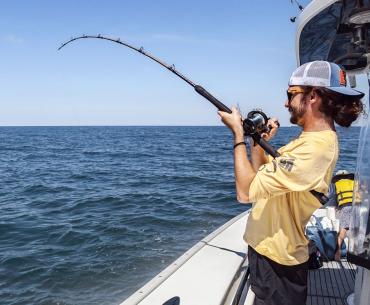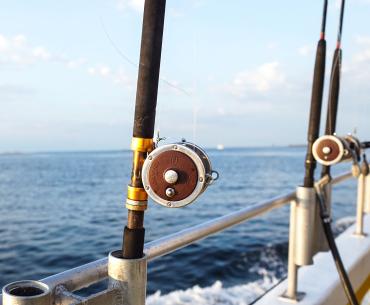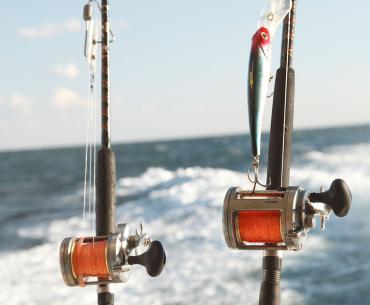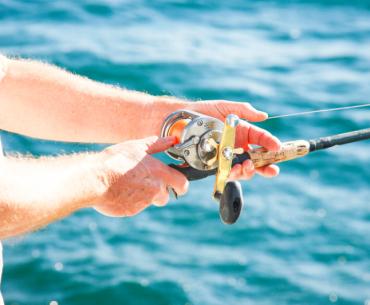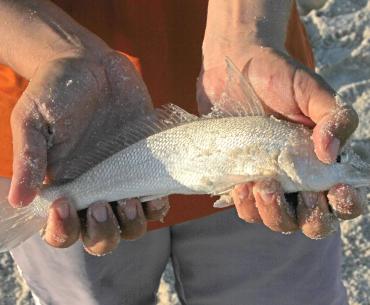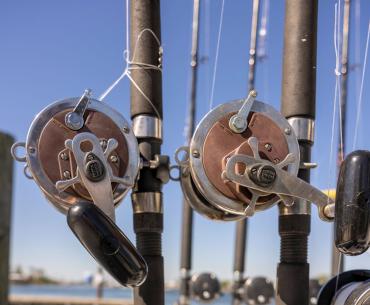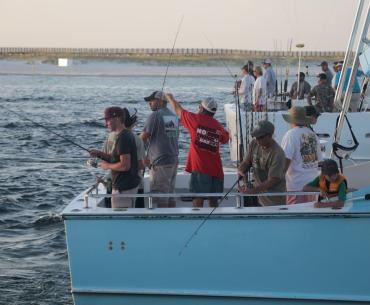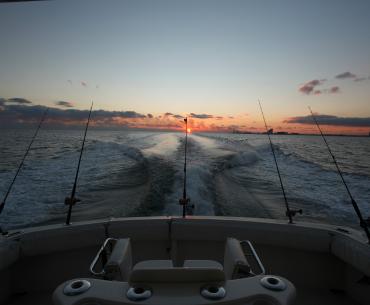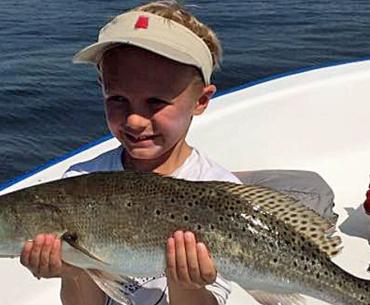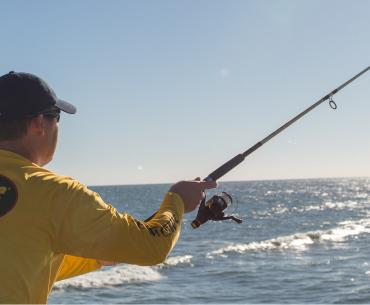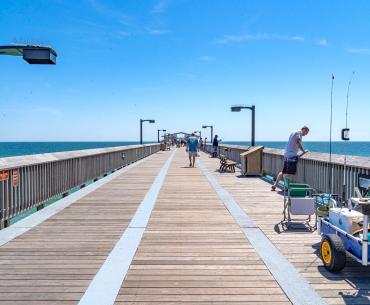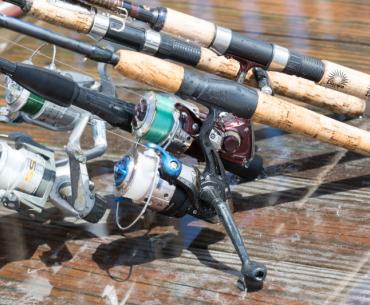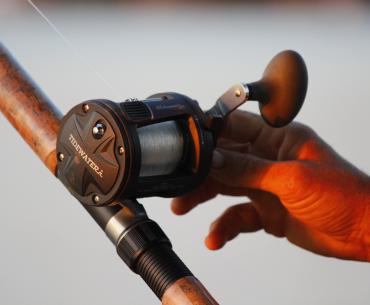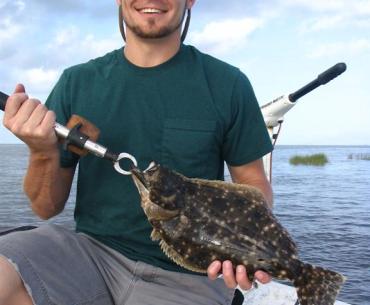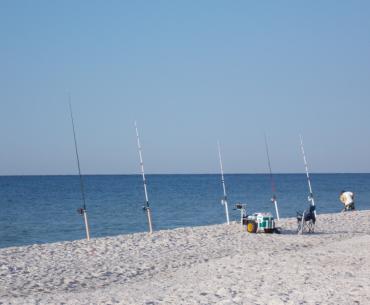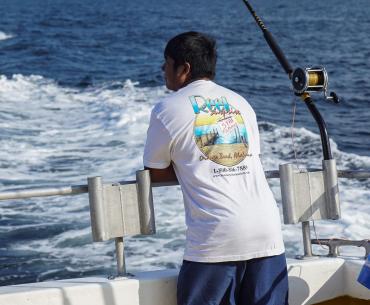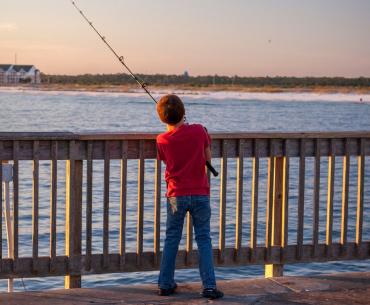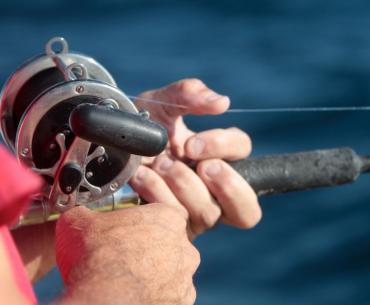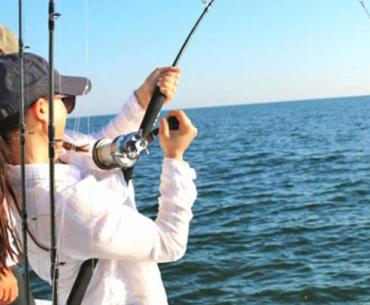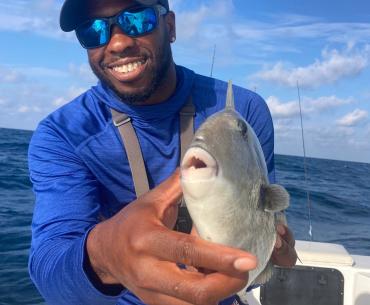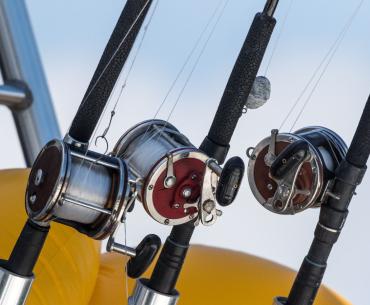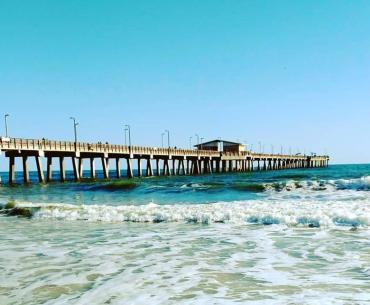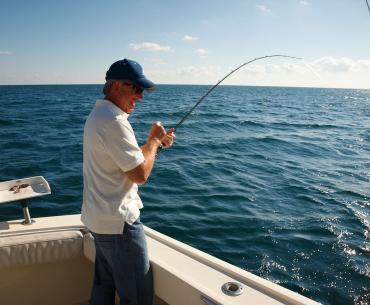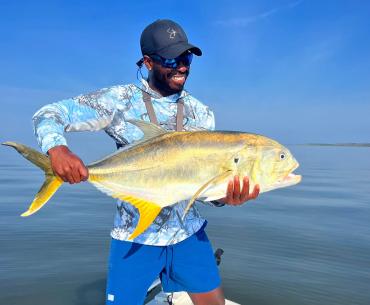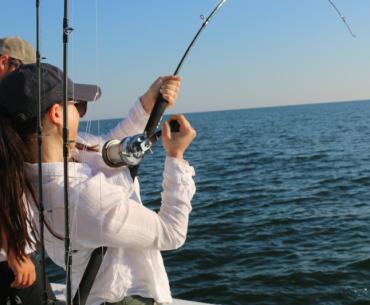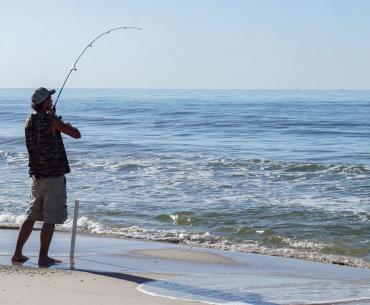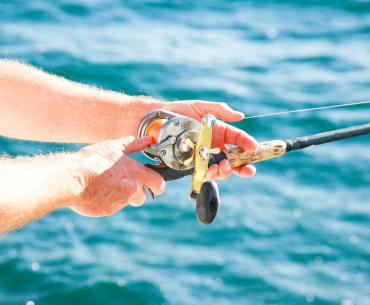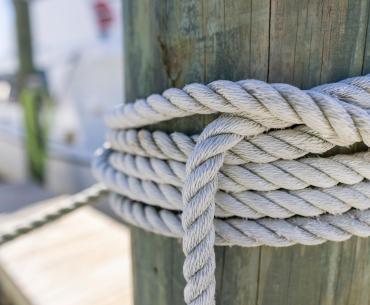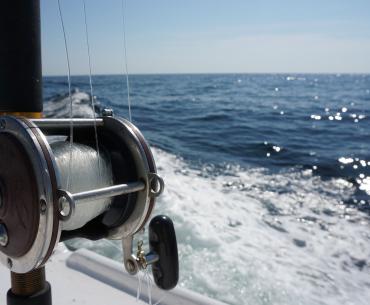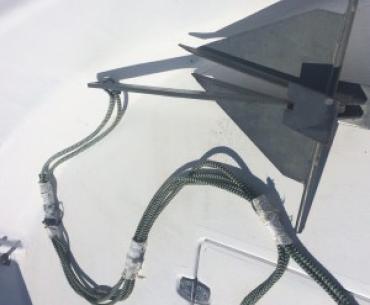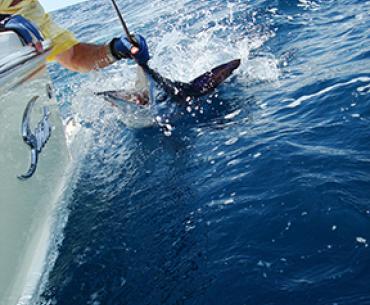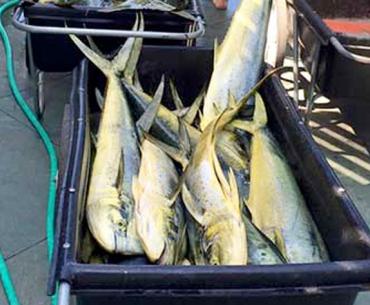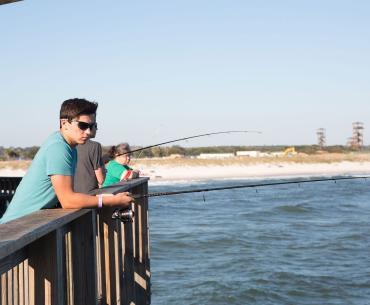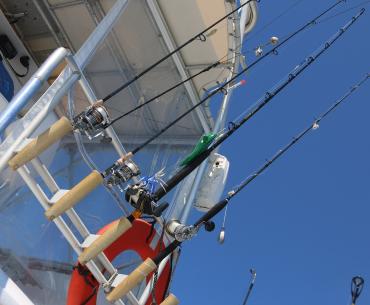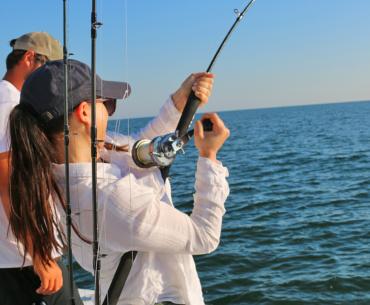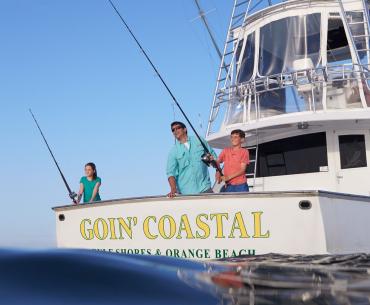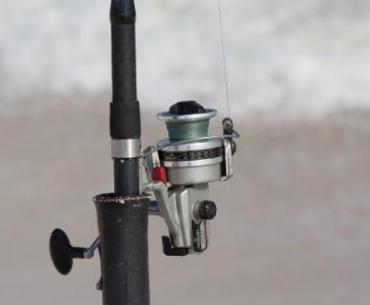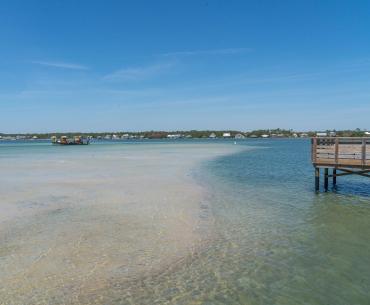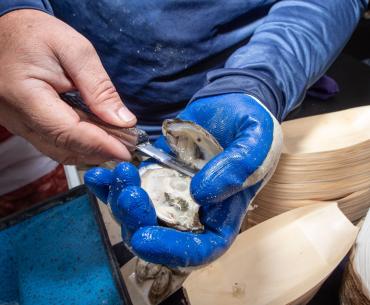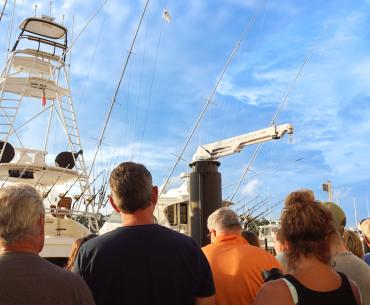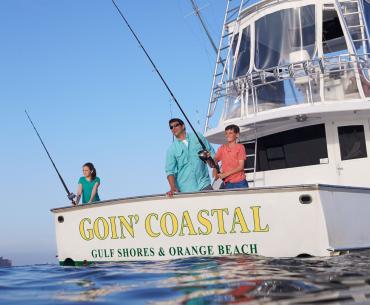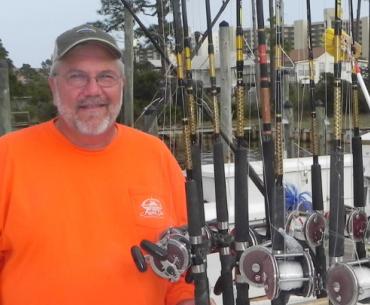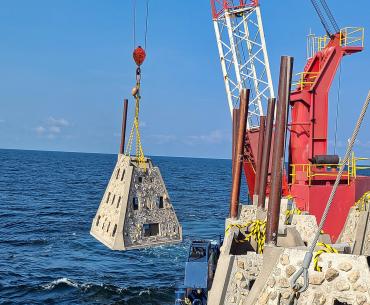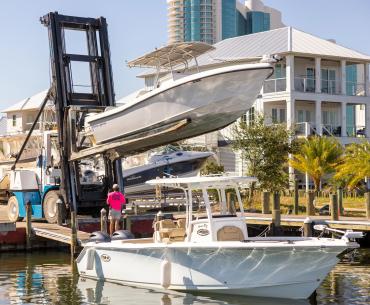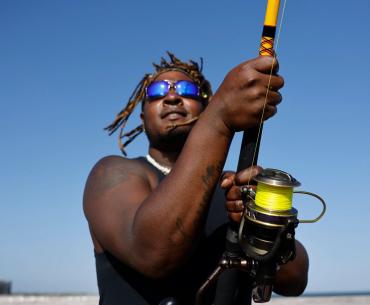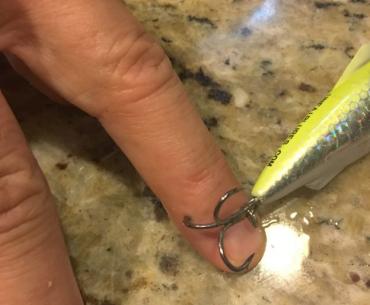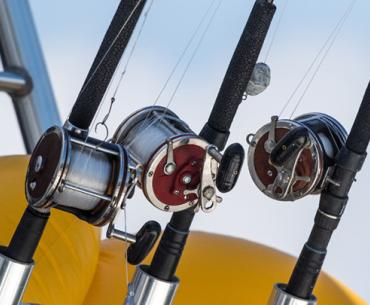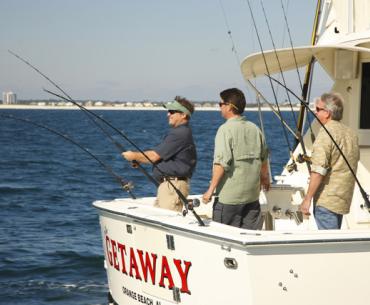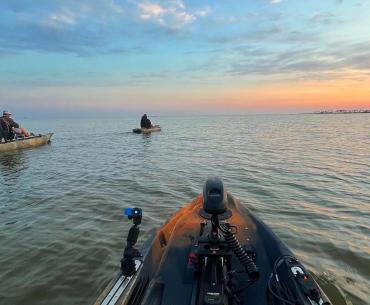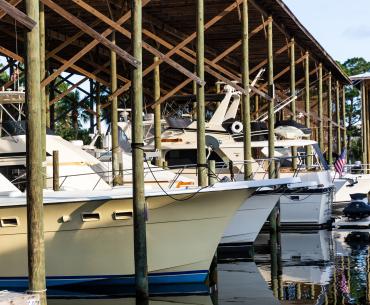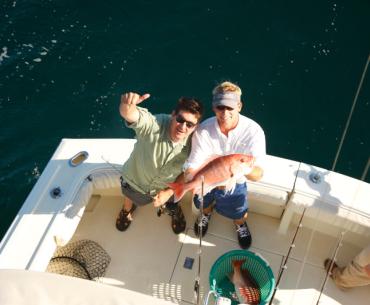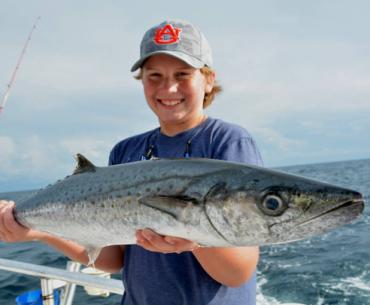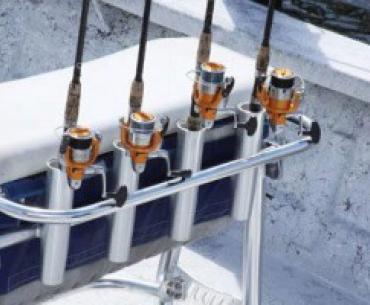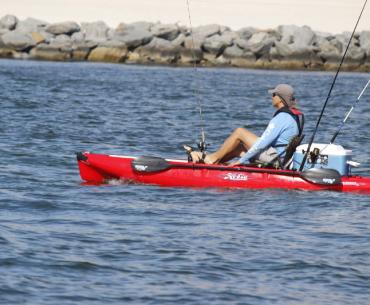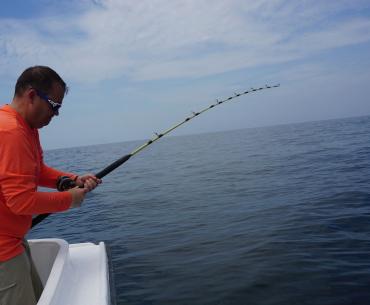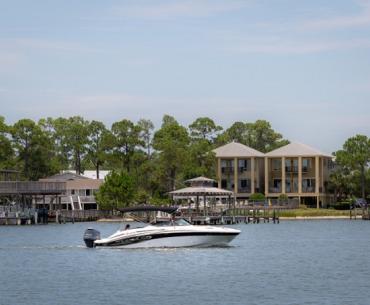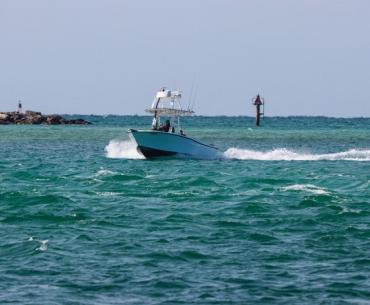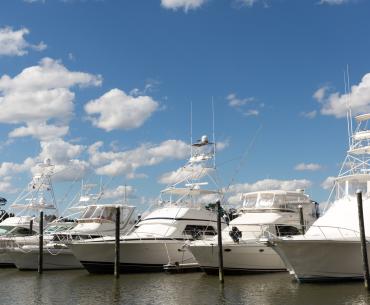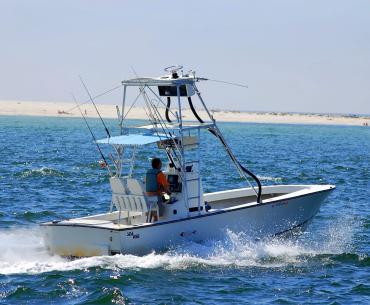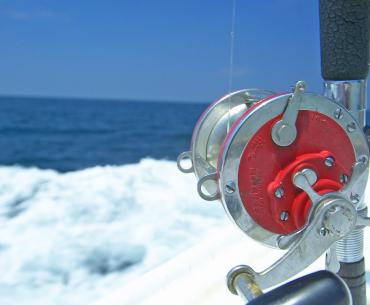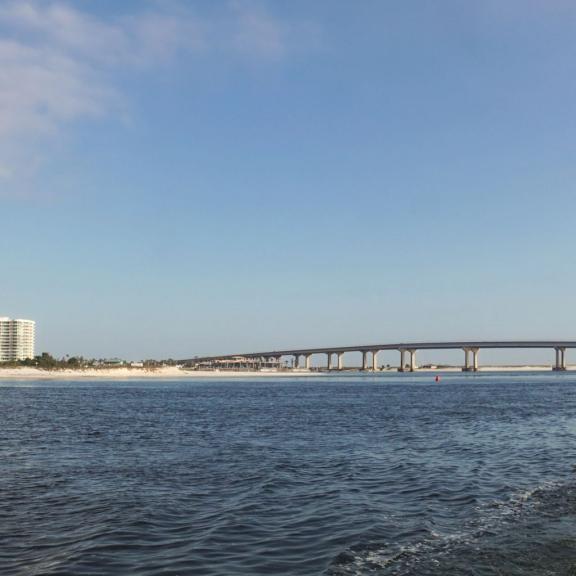
Off-Shores Boating Tips
Gulf Shores & Orange Beach
Boating is a rite of passage on the Alabama Gulf Coast, and we want everyone to try out their sea legs. Whether you’ve been boating for years or are just getting your feet wet, our diverse blend of bays, inlets, and gorgeous Gulf waters offer a variety of new routes to explore as you soak up some fun in the sun. Just like our beautiful beaches, you need to share the space and play responsibly if you want to enjoy a blissful day of boating.
Keep these important boating safety tips in mind cruising the waters along Alabama's Beaches.
Boat Safety 101
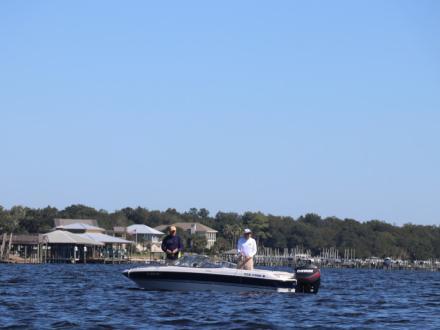
Follow Your Rental’s Recommendations
Follow Your Rental’s Recommendations
If you’re visiting without a vessel, several reputable rental companies in the area can outfit you with everything you need for a beautiful day of boating - including safety suggestions. While many watersport rental companies don’t require a boating license to rent a boat or Jet Ski, it is essential to brush up on the basics (especially if you’re a beginner). Most companies have knowledgeable staff on-site that can give you a crash course in boating safety, so listen closely and follow all your rental company’s recommendations while on the water.
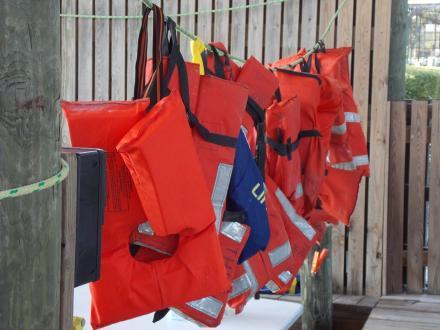
Don’t Overlook Life Jackets
Don’t Overlook Life Jackets
By law, all boats must carry a U.S. Coast Guard-approved life vest for every person on board. Passengers under the age of eight must always wear a life jacket, but it’s best for everyone onboard to wear them when operating on the water. They can’t save your life if they’re stowed under the seat!
Your life vests should be readily accessible in an emergency (so no placing them in a locked container or underneath your other gear). You should also be sure that your life vests are in good condition and the proper fit for each intended wearer. They should be comfortably snug but not so tight as to impede natural movement. Life jacket sizes are based on chest size and body weight, so be sure to follow the manufacturer’s recommendations.
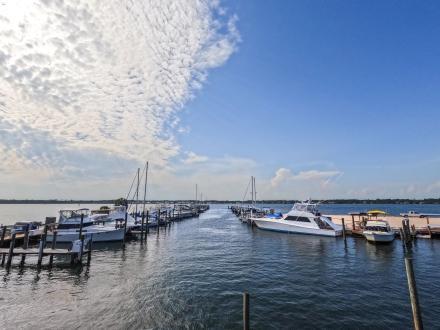
Map Your Marinas
Map Your Marinas
The last thing you want is to find yourself out of fuel when you’re far from the shore. You should always fill up before heading out, but it’s equally important to map your nearby marinas to be sure you know where to head in an emergency.
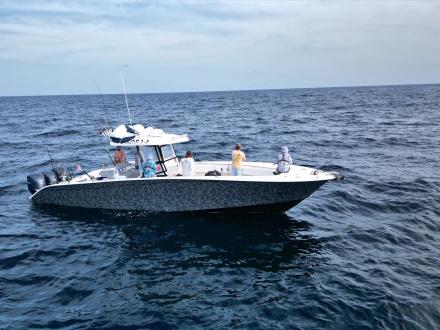
Watch the Weather
Watch the Weather
Even a small shower can have a significant impact on the water. Be sure to check the weather before you go boating and stay at the dock if a storm is approaching. Sheltered areas are the safest in inclement weather, so inexperienced boaters should stick to the back bays and inlets instead of cruising through the Gulf. Gulf waters can go from calm to chaotic in a matter of seconds with pop-up storms.
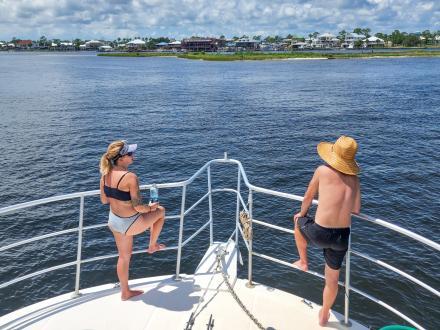
Don’t Pack on Passengers
Don’t Pack on Passengers
Boats can carry a lot of weight, but it’s not wise to pile on every person you know. Boats are designed to perform under a specific weight distribution, and overloading a vessel with groups and gear increases the risk of capsizing, even in calm waters. Most boats have a capacity plate affixed to the hull that displays the maximum load limit and number of passengers, so be sure to find and follow it.
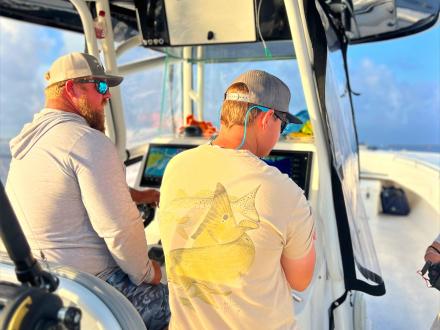
Don’t Boat & Booze
Don’t Boat & Booze
A cold beer is a refreshing treat when temperatures rise, but boating and boozing are not a good mix. In fact, it’s illegal to operate a boat while under the influence of alcohol, and even first-time offenders can face steep penalties. Just like on a land-based outing, decide on a designated driver and commit to leaving your drinking at the dock.

Abide by No-Wake/Idle-Speed Rules
Abide by No-Wake/Idle-Speed Rules
Our waterways can be busy during the summer months. With an excess of boats and other watercraft in the water, it is crucial for everyone to follow the no-wake and idle-speed rules. This will help keep you and other boaters safe. Pay close attention to your speed and surroundings when in areas like Terry Cove, Cotton Bayou, and Ole River. Be especially mindful of those on smaller vessels, such as JetSkis or foil boards, who share our waterways. Please review the no-wake zone maps before heading out onto the water.

Catch a Crash Course
Catch a Crash Course
If possible, take a boating safety course before you cast off. A variety of fast and friendly online courses cover everything from the minimum driving limit (12 with a licensed supervisor over 21) to navigation tips to emergency situations and more.
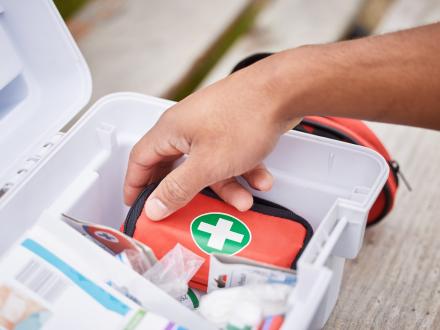
Keep an Emergency Kit
Keep an Emergency Kit
Just like driving a car, accidents can happen. Stay prepared for the unexpected by packing an emergency kit with the essentials you’ll need in case of trouble. Must-have items include a first-aid kid, flare guns, signaling devices, and a handheld radio with extra batteries. If you’re renting, be sure your vessel is equipped with the essentials when making your reservation.

